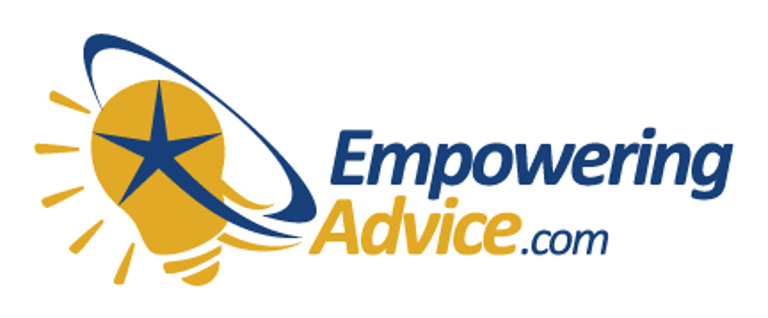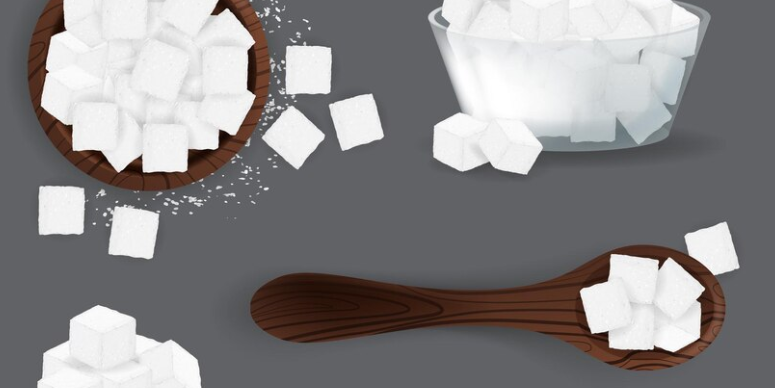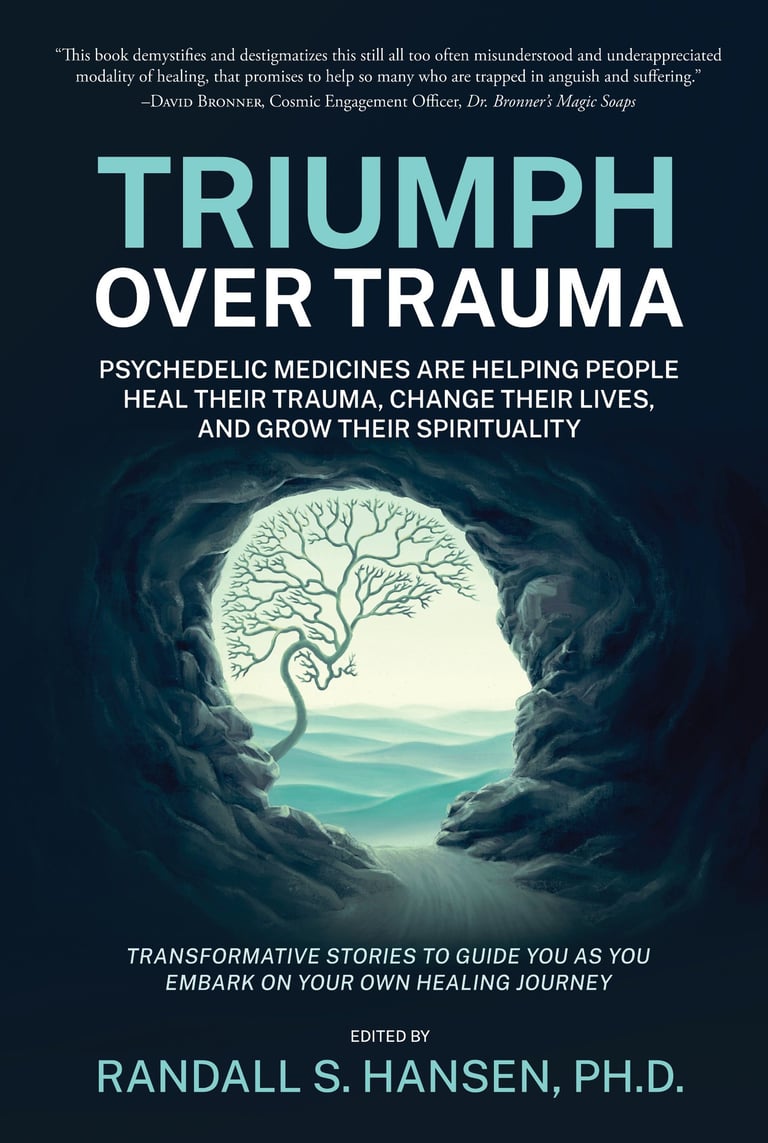The Deadly Truth About Our Sugar Addiction
We are culturally addicted to sugar… refined sugar.
Have you been to any event recently where there were no sugary products (drinks or foods) served? At every meeting I attend, the foods are filled with sugar – the cupcakes, cookies, candies, coffee drinks, sodas, energy drinks, and more. Even a catered meal most likely has sugar added to the sauces, dressings, and breads. Sugar is hidden in a vast number of products.
Sugar is pervasive in our culture. Every holiday is a sugar holiday, with specialized candies, cakes, cookies. We soothe ourselves with sweet treats; sugar is our emotional crutch. But it has always been that way. Sugar consumption two hundred years ago was about 8 pounds per person per year. About a hundred years ago, sugar consumption had risen to 50 pounds per person per year. Today, experts say that number is anywhere from 100 to 120 pounds of sugar per person per year.
Yet, going back to the 1950s, research has shown that excess refined sugar consumption results in multiple health conditions – but sugar consumption has continued to rise. Why? Because the Sugar Lobby is one of the most powerful in the U.S. and spends massive amounts of money producing false research and supporting politicians that protect the sugar industry.
Even when people know of the dangers with sugar, it sometimes seems impossible to stop – and the reason is that sugar is technically a drug. In brain scans, sugar consumption lights up the same reward center as cocaine. One major study concluded that sugar “meets many of the criteria for a substance of abuse and may be addictive for some individuals.”
After years and years of arguing over what is truly the gateway drug that leads people to alcohol and harder, illicit drugs, the answer turns out to be something that gets introduced to us early and often. Parents and grandparents are pushing/allowing this dangerous drug in high quantities, seemingly unaware of the dangers and consequences.
Of course, it’s not just sugar from sugar canes and sugar beets, but companies also found a way to make a sweetener from corn, resulting in high-fructose corn syrup, an extremely cheap alternative to sugar. And all three of these crops use genetically modified seeds to produce the sugar.
One final note. It’s the refined sugars that are the most damaging to us. The sugar found naturally in fruits and vegetables is offset by the fiber, as long as you are eating the actual item and not drinking it; juicing strips away much of the fiber and nutrients.
Evil Business/Bad Research
Two factors led to our cultural sugar addiction.
First, the country seemingly went into a panic when President Dwight Eisenhower suffered a massive heart attack back in 1955. The panic led to a demand to determine what causes heart attacks and cardiovascular disease. One researcher’s voice dominated over others; unfortunately, his research was flawed (possibly intentionally; see next paragraph) and the result was that fat was blamed as the cause of heart disease; we know now it is refined sugar, not fat.
Second, it has finally been disclosed that the sugar industry paid scientists (including faculty at Harvard University) starting in the 1960s to play down the link between sugar and heart disease and promote saturated fat as the culprit instead, jumping on the bandwagon of the flawed work of Ancel Keys. The sugar industry continues to promote false narratives and also spends millions of dollars lobbying members of Congress and “health” associations (such as the American Diabetes Association) to limit any actions with sugar in the American diet.
Simple Sugar Solutions
We now know sugar consumption (especially excessive sugar consumption) is linked to numerous health issues (all preventable), including:
Leaky Gut (leading to autoimmune and mental health conditions)
Insulin Resistance
Obesity
Diabetes
Heart Disease
Dementia and some Alzheimer’s (now being called Type 3 Diabetes)
Stroke
Fatty Liver Disease
Cancer
Your goal should be to cut sugar consumption to no more than about 6 teaspoons or no more than 24 grams of refined sugars per DAY. Ideally, you should work to get that number to as close to zero as possible, but that will take time, work, and commitment.
The easiest way to make a dramatic cut in your sugar intake is to stop drinking sugary sodas, energy drinks, fruit juices, etc. Just one 12-ounce Coke contains 39 grams of sugar (about 9 teaspoons), a 20-ounce bottle of Gatorade contains 34 grams of sugar (about 8 teaspoons), a Starbucks Coffee Frappuccino Grande contains 45 grams of sugar (about 11 teaspoons), and a glass of orange juice contains about 23 grams of sugar (about 5.5 teaspoons).
Next, cut out all the sugar from your breakfast foods, including donuts, cereals, syrups, jams, and juices.
Save dessert for dessert and then really put a limit on those desserts.
Remember, too, to get rid of the table sugar and the sugars used in baking/cooking.
Finally, either start cooking more from scratch or start to carefully examine the ingredients list of every prepared food you buy – but know that there are more than 200 names used for sugar by the food industry in an attempt to hide just how much added sugar is in many of the items in the grocery store. (One key for finding hidden sugar is to look for any ingredient ending in "ose," such as sucrose, fructose, dextrose, maltose.) Learn more about how to read labels in this article.
Final Thoughts on Defeating the Sugar Addiction
Let’s clear up one false narrative about sugar; we do NOT need any refined sugar to survive. Yes, our bodies (specifically the energy-producing mitochondria) need glucose, but we can actually produce our own glucose; we don't need all the added sugars in our diets -- and especially not fructose (which is in all refined sugars and corn syrups), which the body cannot use and which goes directly to your liver, leading to fatty liver.
Can you quit sugar? Have you tried? About 10-15 percent of the population are clinically addicted to sugar; these people actually go into withdrawal and cravings if they attempt to stop. For the rest of us, it is more about willpower and fighting the cultural bias for sugar – sugar as comfort food, sugar for holidays, sugar for celebrations, sugar as rewards.
But it’s not just the sugar that is dangerous to our health; the rapid rise of sugar in so many of our foods has given us a bad sweet tooth that we need to break – because sugar substitutes, especially ones like Sucralose (Splenda), Aspartame (Equal), and Saccharin (Sweet’N Low), are not ideal and should not be used, or used very sparingly.
These sugar substitutes have been linked to increases in cancer risk, and are reported to harm your blood sugar and gut health. There is some research also showing that these sugar substitutes may increase appetite, delay the sense of fullness (satiation), and foster weight gain/obesity.
Some possible sugar substitutes when you need something sweet: stevia, allulose, monk fruit, xylitol, erythritol, and honey – but do your own research and listen to how your body reacts when you use one of these substitutes.
Finally, while you are reading labels and getting rid of foods with too much added sugars, please also consider eliminating foods that contain a laundry list of unknown ingredients, dyes, and seed oils.
Additional Sugar Resources
Dr. Randall Hansen is an advocate, educator, mentor, ethicist, and thought-leader... helping the world heal from past trauma. He is founder and CEO of EmpoweringSites.com, a network of empowering and transformative Websites, including EmpoweringAdvice.com.
He is the author of the groundbreaking Triumph Over Trauma: Psychedelic Medicines are Helping People Heal Their Trauma, Change Their Lives, and Grow Their Spirituality and the well-received HEAL! Wholeistic Practices to Help Clear Your Trauma, Heal Yourself, and Live Your Best Life.
Dr. Hansen's focus and advocacy center around true healing ... healing that results in being able to live an authentic life filled with peace, joy, love. Learn more by visiting his personal Website, RandallSHansen.com. You can also check out Dr. Randall Hansen on LinkedIn.








